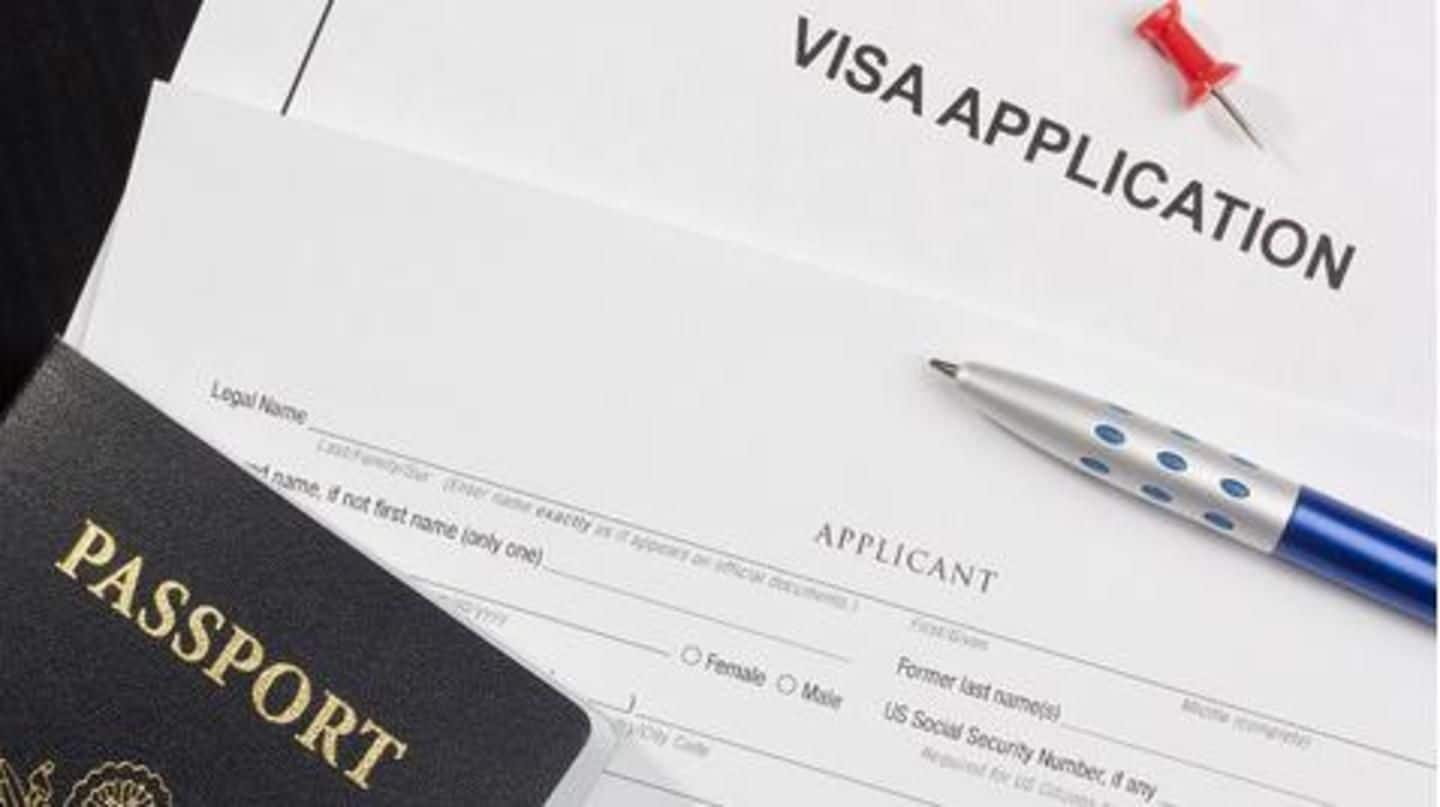
The US has found another way to deny H-1B visas
What's the story
On Tuesday, the US Citizenship and Immigration Services (USCIS) implemented a new rule that allows US authorities to reject visa applications, petitions, and requests over mistakes and missing documents without giving an applicant the chance to correct the error. The rule affects many, and is likely to affect Indians who apply for H-1B visas as well. However, short-term visas won't be affected. Here's more.
New rule
The new rule replaces an Obama-era rule from 2013
The rule replaces an Obama-era rule from 2013 that required the USCIS to issue Requests for Evidence (REFs) or Notice of Intent to Deny (NOID) in all cases of errors and missing documents pertaining to visa applications. Understandably, the rule is expected to make the already notorious process of US visa applications even more complex, time consuming, and expensive.
Quote
What the USCIS had to say about the new rule
"This policy change...[will] help faithfully execute and protect the integrity of our laws, cut down on frivolous applications, reduce waste, and help ensure legitimate, law abiding petitioners seeking greater safety, security and prosperity aren't undermined by those able to game our system," said USCIS spokesperson.
Affected
Who all are affected by the new rule?
Apart frpm H-1B applicants, several others are expected to be affected. According to HT, most likely to be affected are applicants looking for a permanent US residency via a Green Card, immigrant workers, non-immigrants who wish to stay temporarily and work, and those applying for a US citizenship. Notably, a total of around seven million such applications are filed and adjudicated each year.
Opinion
Immigration lawyers believe the rule could also lead to deportations
Immigration lawyers and activists in the US have termed the policy change as a "major shift". Apart from making visa application process more complex, lengthy, and expensive, these lawyers and activists are of the opinion that the rule might even lead to deportations if applicants who are already in the US are rejected during the application process.
Indians
How the new rule affects Indians
Of course, many Indians are expected to be caught in the storm. An estimated 9,800 Indians acquire work-related Green Cards each year, and currently, over 300,000 Indians are in queue, awaiting their Green Cards. Including dependents and those in the process of applying, this number touches 1.5 million. Going by current case clearance rates, their expected wait time is somewhere around 151 years.